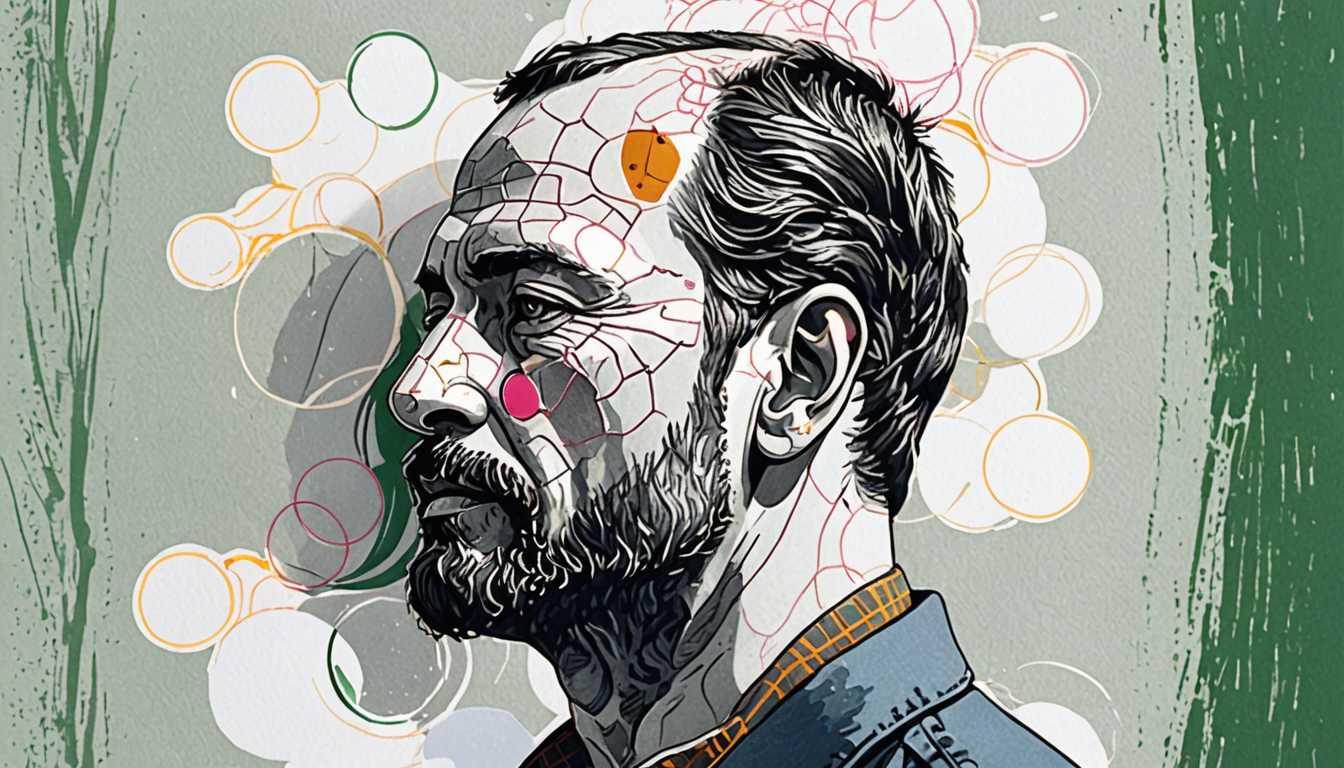AI: The New Detective in Town
March 2024
University of Pennsylvania
Introduction
Ever wondered if robots could play detective? Well, researchers at the University of Pennsylvania Carey Law School are on it! They've trained an AI to sift through eyewitness statements, aiming to pinpoint the truth and dodge wrongful convictions. With over 900 misidentifications leading to false imprisonments, this AI tool could be the superhero we didn't know we needed. Dive into this eye-opening read and discover how technology is redefining justice!
READ FULL ARTICLEWhy It Matters
Discover how this topic shapes your world and future
Decoding Truth with Tech
Imagine a world where the chances of innocent people being wrongfully convicted are significantly reduced, all thanks to the power of artificial intelligence (AI). That's not a snippet from a sci-fi novel; it's a real possibility today! Researchers are teaching AI to understand and assess eyewitness statements in criminal cases, aiming to distinguish between true and false identifications. This matters because it touches on justice, technology, and human psychology, all wrapped into one. It's fascinating to think about how a machine can help ensure fairness in legal processes, affecting lives globally. For you, this could mean a future where technology you're familiar with becomes a hero in the courtroom, making the world a fairer place.
Speak like a Scholar
Artificial Intelligence (AI)
A branch of computer science focused on creating systems that can perform tasks usually requiring human intelligence, such as understanding language.
Eyewitness Misidentification
When a person who has witnessed a crime mistakenly identifies someone as the perpetrator, often leading to wrongful convictions.
Natural Language Processing (NLP)
A technology used by AI to understand and interpret human language as it is spoken or written.
Adjudication Process
The legal process of resolving a dispute or deciding a case in court.
Biased Lineup
A police lineup of suspects that is presented to an eyewitness in a way that unfairly influences them to identify a specific individual.
Neutral Method
An unbiased and impartial approach, free from personal or societal influence, often used in scientific research to ensure accuracy and fairness.
Independent Research Ideas
Exploring AI's Role in Preventing False Confessions
Investigate how AI could analyze speech patterns to determine stress levels or signs of coercion in confession statements, potentially preventing wrongful convictions.
AI and Jury Decision-Making
A study on whether AI-generated summaries of trial evidence could help jurors make more informed and unbiased decisions.
The Psychology of Eyewitness Memory
Research into how stress, fear, or trauma can affect the accuracy of an eyewitness's memory and how AI might help in assessing these factors.
Ethical Implications of AI in Law Enforcement
An exploration of the moral considerations, including privacy and fairness, of using AI technologies in criminal investigations and trials.
Comparative Study of AI vs. Human Judgment in Legal Settings
A project that compares the effectiveness and reliability of AI tools versus human intuition and experience in evaluating eyewitness statements.
Related Articles

Are You a Real Human? Find Out!
September 2024
MIT Technology Review

Mindfulness: Your Pressure Shield
June 2023
Harvard University

Brains as Legal Eagles: A New Frontier
February 2023
UC Berkeley

Are AI Friends the Future or a Trap?
August 2024
MIT Technology Review

TikTok's Secret Bias Unveiled
October 2023
University of Pennsylvania